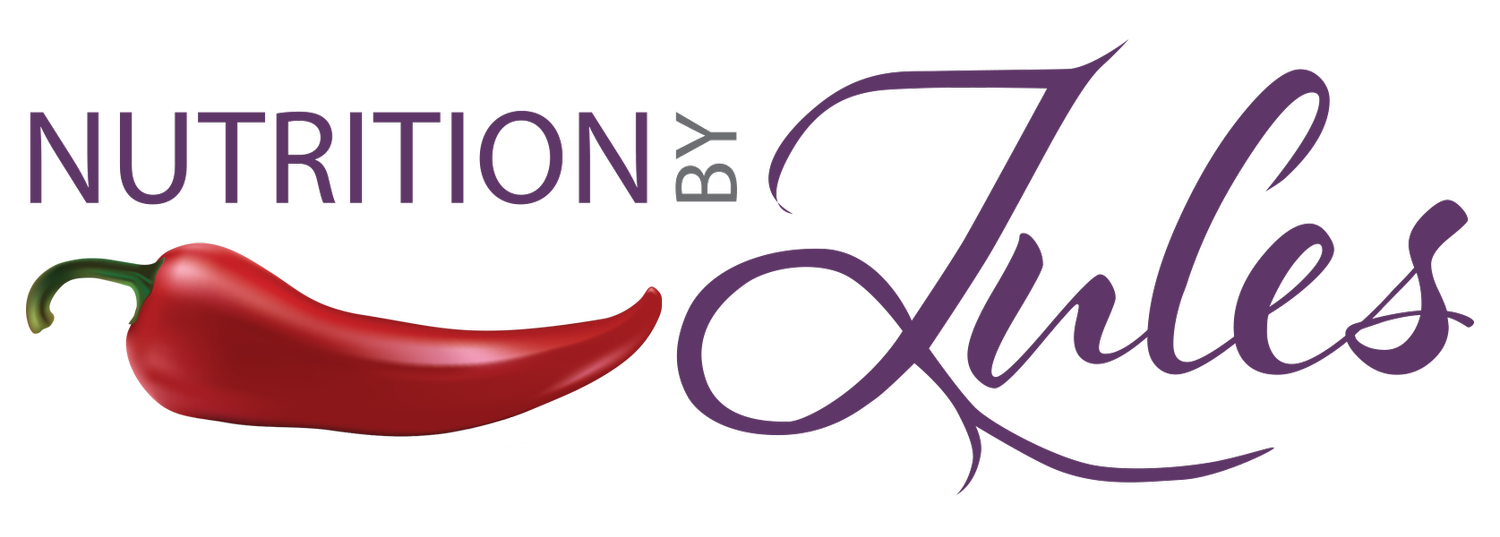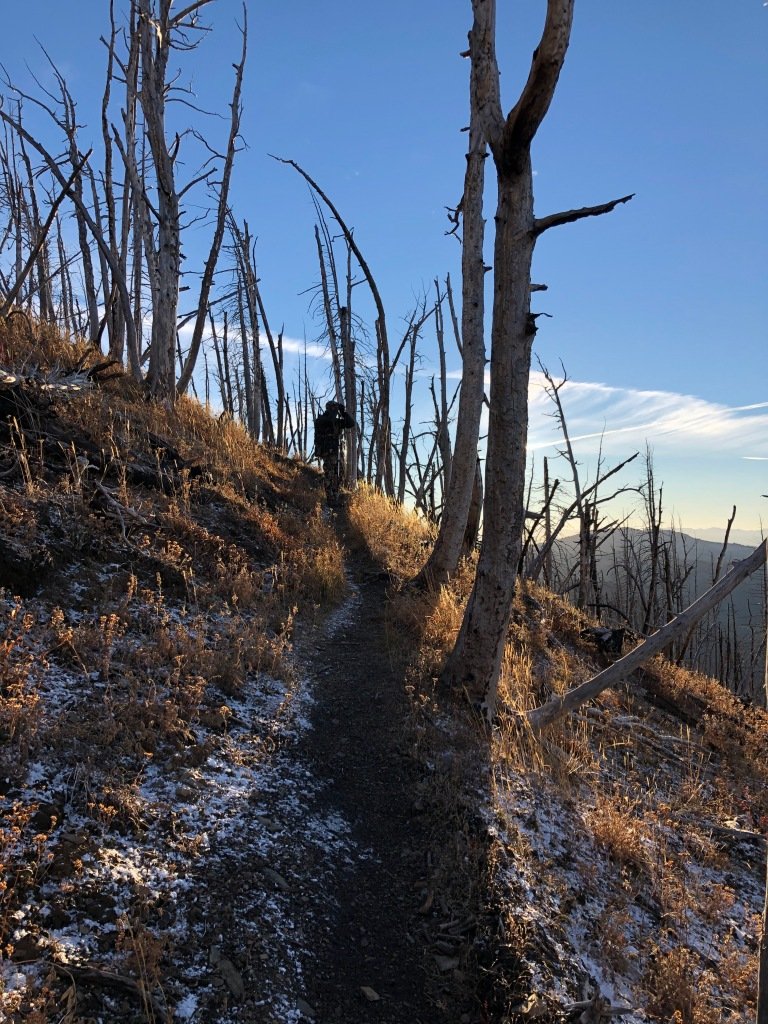Wild Game
I hunt big game.
For the most part, I am proud of this. To me it means fitness, fresh air, solitude, patience, hard work, humility, and if you are lucky, a freezer full of healthy and delicious meat to feed the family.
There are times, however, that I hesitate to acknowledge that I own and use a gun, that I kill animals, and heaven forbid even enjoy the whole experience. It is easy to judge myself, or any hunter, for what is called a "sport" that includes such things that would be morally opposing too many.
Truth be told I don't like guns. I own one, a rifle. I only shoot it at the range or in the field the minimal amount of times necessary to ensure accuracy for a clean shot. This practice is the tip top of what could be a much longer discussion on the ethics of hunting, which I am not here to do today. Instead, I wish to share my thoughts as hunter from a dietitian standpoint.
I became a dietitian before I became a hunter. In school I learned the importance of food for nourishment, starting with where our food comes from. This includes not only quality of soil and feed for our food sources, but of the process of how it gets from field or farm to table.
How better to be intimately acquainted with your food supply than hunting?
And so, seven years ago, I coaxed my dad out of big game hunting retirement and hit the hills to find myself a sustainable meat source.
I do want to note how immensely helpful it was to have a mentor (my dad) when I decided to start hunting. There is a steep learning curve that would be difficult to navigate without a guide. Not impossible, but surely a task that would take dedication and research to get started. And therefore, I now recognize that hunting is a privilege, as it is not cheap- of time or money- and it is in many ways a practice of tradition; of generational knowledge and ritual.
Back to the nutrition!
Yes, wild game meat is nutritious.
- Due to the active lifestyle of big game, the meat is leaner and has more protein per ounce than its domesticated animal counterparts.
- It is packed full of nutrients from iron and zinc to the praised anti-inflammatory omega-3 fatty acids, which come from a diet made up of mostly grasses.
Beyond this... to know exactly, literally, where your meat comes from and how it got from its home to your table is priceless. From day one I knew if I was committing to hunting I was committing to the whole process, from the hiking and the blisters, to an ethical kill, to gutting and skinning, to cutting, grinding and freezing. Because of this I have saved, honored and cherished all cuts of meat and a variety of organs (from both deer and elk).
I give thanks and take pride with each bite I consume.
So you found yourself the owner of some wild game? Looking for some ideas and tips on how to prepare it? Big game meat does take a little more care in the kitchen to avoid a tough texture. I recommend checking out Hank Shaw's website for a plethora of information and recipes!
Bottomline
I started hunting wild game to fill my freezer with a healthy, sustainable meat option, but I keep going back each Fall for so much more than this. Regardless of filling a hunting tag, my mental, physical, spiritual and emotional health benefit.
Being in the wilderness, off the trail and off the grid- where majestic, beautiful creatures live and thrive- is serenity and rejuvenation. It is self care at its finest.







